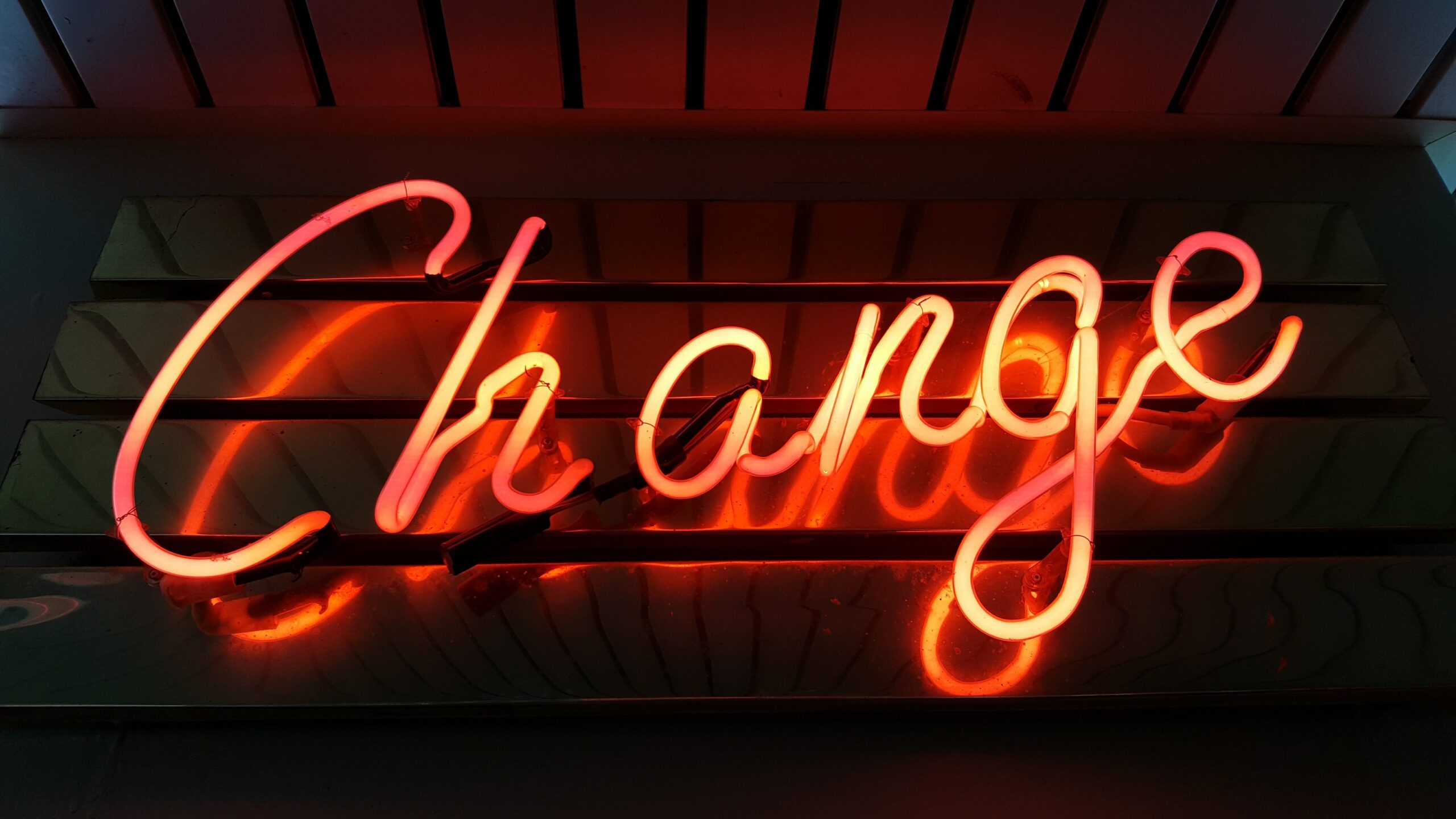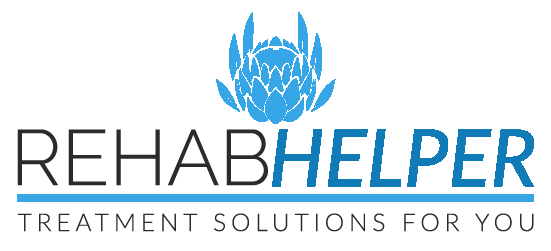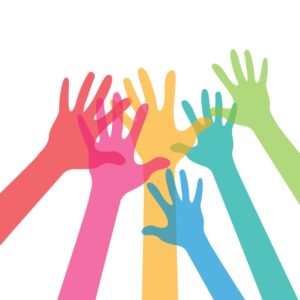The stigma around rehabilitation for drug addiction often gets in the way of addicts even looking into the treatment options available to them, let alone admitting themselves to a UK rehab near them. It’s only normal to fear the unknown, but it’s by providing a window into rehabilitation that we can normalize it, encouraging more people to seek treatment.
If you or someone you love is considering pursuing drug or alcohol rehabilitation, it’s good to know that while drug rehab programmes and their addiction treatments can differ, most drug rehab facilities will follow a standard framework for therapy. Life in a residential drug rehab facility is kept structured and planned out, full of activities and therapies to minimize boredom and idle time. This is to enrich your life during recovery and provide a strict routine to prevent relapse.
Above all else, it’s important to enter your drug rehab facility with an open mind. Rehab is a place where you’ll learn new behaviours and meet others that inspire you. And if you’re doing this for yourself more than anyone else, you’ll have more chance of succeeding.
Here’s what you can expect a day in a drug rehab clinic to be like.
Mornings – An early start
Getting a head start on the day is just one of the good, healthy habits enforced in rehab. This is intended to form part of your routine for sober living and recovery in and outside of rehab. A day in rehab will start early, with a healthy breakfast to carry you through till lunch.
Many rehab centres will also offer morning programs to help you get a relaxed, invigorating start to your day. This can include meditation, yoga, or art therapy.
Mornings will also include group sessions with counsellors and other recovering patients. The topics of discussion and learning will often relate to the 12-step program, addiction, and recovery. These daily morning sessions will form a safe space for you to unpack your issues and learn from others, learning how to change damaging patterns of behaviour in your life.

Free Time – A time to be productive
Free time will often be planned into the day, typically in the afternoon. Free time can be used however you like, though you’re encouraged to fill the time with an activity that inspires, relaxes, or brings joy, rather than sitting idle. This can include crafts, reading, meditating or journaling, but you’ll also find that any rehab you go to will have entertainment, like a swimming pool, pool table, basketball court, or even board games.
Some addiction treatment programmes will also offer group outings, with outdoor experiences to enrich your life and provide fulfillment outside of substance abuse. This can include surfing, hiking, walks, cultural experiences, or other adventures that can be enjoyed in the area.

Afternoons – Therapy
Most time in the day is committed to therapy, with a variety of therapy options that are geared towards providing a therapeutic environment for you to learn, heal and grow. These therapy sessions will be led by a therapist or counsellor and can therapy sessions such as:
Group therapy: These group sessions encourage camaraderie, accountability, and openness. Some of the strongest support structures you’ll find in and outside of rehab come from your fellow recovering addicts.
Cognitive behavioural therapy: These one-on-one therapy sessions with a therapist provide a safe and private space to share your behaviour around triggers and learn new ones, giving you the tools to avoid relapse and come up with healthy responses to stress and hardships.
Specialized therapy: Some centres offer therapy sessions geared towards anger management, grief counseling, or stress management. This provides you with coping mechanisms and tools to keep you from resorting to abusing drugs or alcohol in trying times.
Family therapy: Centres will often give families the chance to join in for therapy sessions, supporting patients in recovery while also healing themselves. You and your loved ones can resolve issues and negative feelings, while also addressing destructive behaviours and codependency. Enrolling your family in your recovery and resolving issues now is how you can maintain a strong support system once you leave rehab.
Alternative therapy: Many centres will offer additional treatment options to support your therapy, often involving creativity. This can be art and music therapy, sports, equine therapy, dance classes, or bio and neurofeedback therapy.
Guest Speakers: Guest speakers will be inspirational recovering addicts that can provide hope and insight for the future, answering questions and giving advice on issues you’ll face when rebuilding your life after addiction. Like repairing relationships, or finding work as a recovering addict.

Evenings – Dinner and 12-Step Sessions
After dinner, there’s the option to join more 12-Step meetings, which is actively encouraged. 12-Step meetings are helpful both in and outside of rehab, providing an anonymous space to grow and remain accountable to your peers.
When the day is done, bedtime is expected to be at a reasonable hour, ensuring you get enough sleep for the next day ahead. This makes sure you are alert and energetic and forms part of the healthy habits and routines established in rehab.

Find the Rehab Centre for You
Equipping yourself with knowledge around addiction, drug treatment, and rehabilitation is a crucial step towards sober living. Anyone can recover from addiction with the commitment and support to do so. With Rehab Helper you can find all the information you need around addiction and recovery, with a comprehensive list of local drug rehab options to find the best fit for you.
Start looking at your drug addiction treatment options now.


